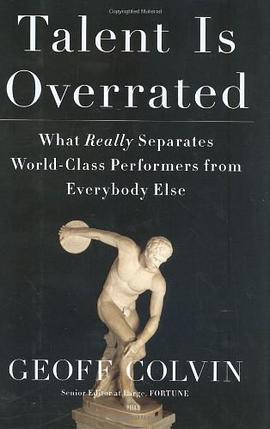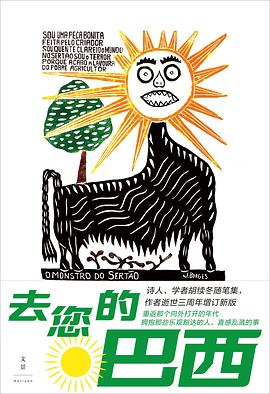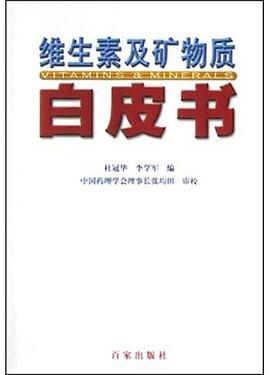Talent Is Overrated
内容简介
Expanding on a landmark cover story in Fortune , a top journalist debunks the myths of exceptional performance .
One of the most popular Fortune articles in many years was a cover story called “What It Takes to Be Great.” Geoff Colvin offered new evidence that top performers in any field--from Tiger Woods and Winston Churchill to Warren Buffett and Jack Welch--are not determined by their inborn talents. Greatness doesn’t come from DNA but from practice and perseverance honed over decades.
And not just plain old hard work, like your grandmother might have advocated, but a very specific kind of work. The key is how you practice, how you analyze the results of your progress and learn from your mistakes, that enables you to achieve greatness.
Now Colvin has expanded his article with much more scientific background and real-world examples. He shows that the skills of business—negotiating deals, evaluating financial statements, and all the rest—obey the principles that lead to greatness, so that anyone can get better at them with the right kind of effort. Even the hardest decisions and interactions can be systematically improved.
This new mind-set, combined with Colvin’s practical advice, will change the way you think about your job and career—and will inspire you to achieve more in all you do.
......(更多)
作者简介
杰夫‧科爾文,《財富》雜志高級編輯,是全美最受推崇的商業記者之一。
......(更多)
目录
......(更多)
读书文摘
IQ在不熟悉的任务上是对是否有所成就的较为成功的预言家,但是对一个数年内只从事一项工作的人来说,IQ几乎完全不能预测其成就。
很可能……情况并不令人满意,有些地方甚至非常糟糕。在这种情况下,优秀人士会调整他们的应对方式,而普通人则想着以后尽量避免这种情形。……因为普通人面临一种情形时,并不知道该如何行事,或者他们并不知道自己的行为对达成最终结果有何影响,所以当结果不尽如人意时,他们就会把问题归咎于自己控制之外的模糊因素。于是,当他们下次再碰到同样的情况时,仍然会束手无策。
......(更多)






